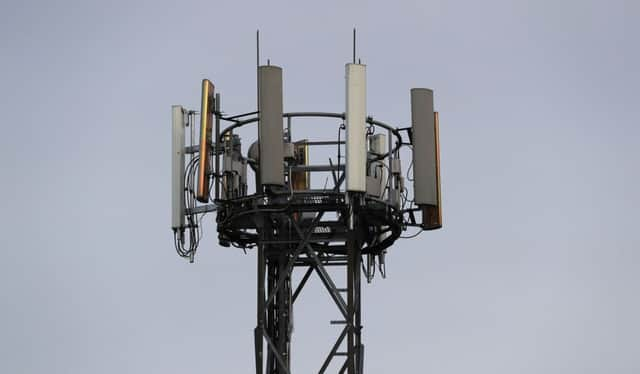UK broadband providers fail to give customers details on speeds


Consumer organisation Which? used mystery shoppers to see if broadband companies met the current guidelines, as well to find out as how prepared they are for the renewed requirements, due to be introduced in 2019.
Overall, broadband providers gave the information currently required under Ofcom’s Code of Practice without being asked for it less than half of the time. The code – which requires providers to give customers estimated home speeds “as early as practicable” within the sales process, as well giving an explanation that speeds can be influenced by factors such as network capacity and the number of subscribers to the service – is voluntary, although most of the major providers have signed up to it.
Advertisement
Hide AdAdvertisement
Hide AdAlex Neill, Which? managing director of home products and services, said: “Having a clear idea of what speeds you can expect from a broadband deal before you sign up is your right, but our research shows that providers have a long way to go to meet their customers’ expectations. We support Ofcom’s action to strengthen the code.
TalkTalk advisers only gave information about estimated speeds five times out of 12, and advice about speeds was not given in any of the 12 calls. Overall, it was outperformed by four providers – SSE, Utility Warehouse, Post Office and John Lewis Broadband – that haven’t yet signed the code, which is voluntary.
Vodafone finished second bottom, with EE Broadband one place above. Both are signed up to Ofcom’s guidelines, but Vodafone provided information about estimated speeds just seven times out of 12, and EE eight times. Neither gave advice about the factors that can influence speeds.
Talk Talk said it did not believe the 12 calls made by Which? mystery shoppers were “representative of our service”. Vodafone described the results as “disappointing”.
A spokesman for Ofcom said: “Providers need to up their game. Our own mystery shopping showed that compliance has been getting better, but it also raised some concerns that we’ve raised with providers.”
By March 2019, those signed up to the Code of Practice will be expected to provide minimum guaranteed speeds upfront, along with details about speeds people can expect at peak times.
EE said it would be training all of its sales advisers on the proposed changes.